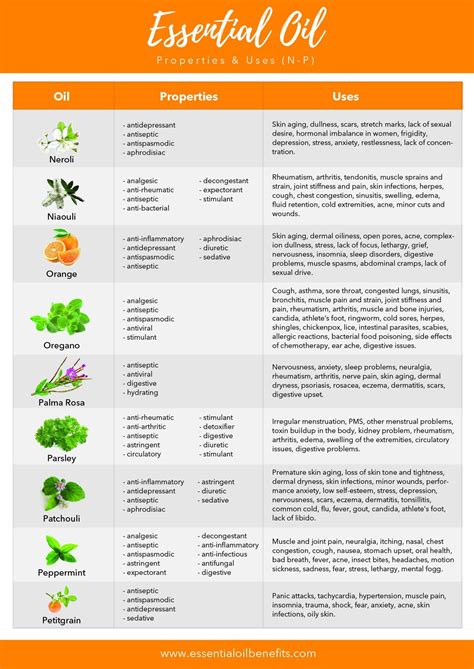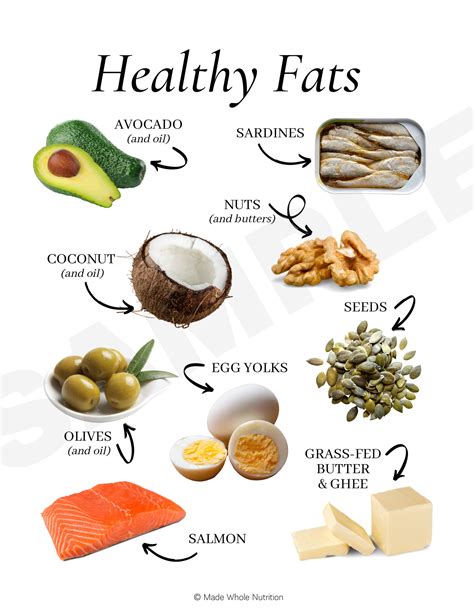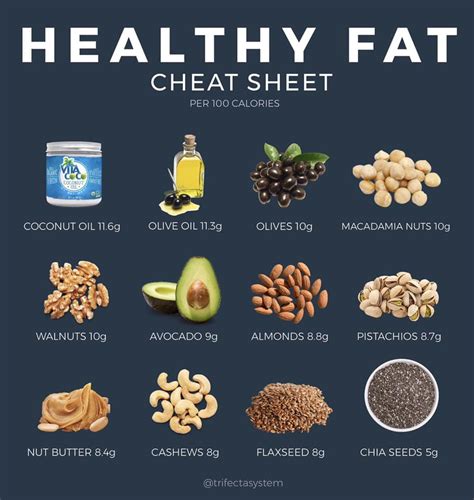Fuel performance: what fats boost testosterone & brain health?

In the quest for optimal physical and mental performance, the role of dietary fats often sparks debate. Far from being mere energy sources, certain fats are powerful allies for hormone production, particularly testosterone, and for maintaining robust brain health. Understanding which fats to prioritize can unlock significant benefits for energy, mood, and cognitive function.
The Underrated Power of Dietary Fats
For decades, fats were demonized, leading many to adopt low-fat diets that often compromised essential nutrient intake. However, modern science has unequivocally shown that not all fats are created equal, and some are absolutely vital. They serve as building blocks for cell membranes, aid in the absorption of fat-soluble vitamins (A, D, E, K), and play critical roles in inflammation, immunity, and hormone synthesis.

Fats for Testosterone Optimization
Testosterone, a key hormone for men’s health (and present in smaller amounts in women), influences muscle mass, bone density, libido, and mood. Its production is heavily reliant on dietary cholesterol and specific fatty acids.
Monounsaturated Fats (MUFAs)
Found abundantly in olive oil, avocados, and nuts, MUFAs are champions for heart health and hormone balance. Studies suggest that diets rich in MUFAs can positively influence testosterone levels by reducing inflammation and supporting cholesterol synthesis, which is a precursor to steroid hormones like testosterone.
Saturated Fats (in Moderation)
While often maligned, a moderate intake of healthy saturated fats is crucial for testosterone production. Cholesterol, derived partly from saturated fats, is the direct precursor to testosterone. Sources like grass-fed butter, ghee, coconut oil, and quality red meat provide essential fatty acids that support this process. The key is moderation and sourcing from quality, unprocessed options rather than processed junk foods.
Cholesterol
Don’t fear dietary cholesterol within a balanced diet. It’s the bedrock for all steroid hormones, including testosterone. Healthy sources include eggs, quality meats, and full-fat dairy. The liver produces cholesterol, but dietary intake can also play a supportive role in optimal hormone function.

Fats for Superior Brain Health and Cognitive Function
Your brain is nearly 60% fat, making the types of fats you consume incredibly important for its structure and function. From memory to mood, fats are fundamental.
Omega-3 Fatty Acids (EPA & DHA)
These are arguably the most critical fats for brain health. EPA (eicosapentaenoic acid) and DHA (docosahexaenoic acid) are integral components of brain cell membranes, influencing neurotransmitter function, reducing inflammation, and supporting neuroplasticity. DHA is particularly concentrated in brain tissue and essential for cognitive development and function throughout life. Rich sources include fatty fish like salmon, mackerel, sardines, and anchovies, as well as algae oil for plant-based options.
 n
nMedium-Chain Triglycerides (MCTs)
Found primarily in coconut oil and MCT oil, these fats are metabolized differently than long-chain triglycerides. They are rapidly absorbed and converted into ketones, which can serve as an alternative fuel source for the brain, especially when glucose is scarce. MCTs are gaining popularity for their potential to enhance cognitive function, improve focus, and support energy levels.
Phospholipids
These fats, such as phosphatidylserine and phosphatidylcholine, are critical components of neuronal membranes. They play a vital role in cell signaling and communication within the brain, supporting memory and cognitive agility. Eggs, organ meats, and soybeans are good dietary sources.

The Balance: What to Limit
While healthy fats are celebrated, it’s equally important to minimize those that can detract from performance. Trans fats, often found in processed and fried foods, are highly detrimental to both cardiovascular and brain health. Excessive intake of highly processed omega-6 fatty acids (found in many vegetable oils like corn, soy, and sunflower oil) can also promote inflammation when not balanced with omega-3s.
Conclusion: Fueling for Peak Performance
Optimizing your fat intake is a powerful strategy for enhancing both testosterone levels and brain health. By prioritizing monounsaturated fats from sources like olive oil and avocados, incorporating moderate amounts of healthy saturated fats, and ensuring a robust intake of omega-3s from fatty fish or supplements, you can provide your body and brain with the essential building blocks they need to thrive. Embrace a diet rich in whole, unprocessed foods, and let healthy fats be a cornerstone of your journey to peak performance.










